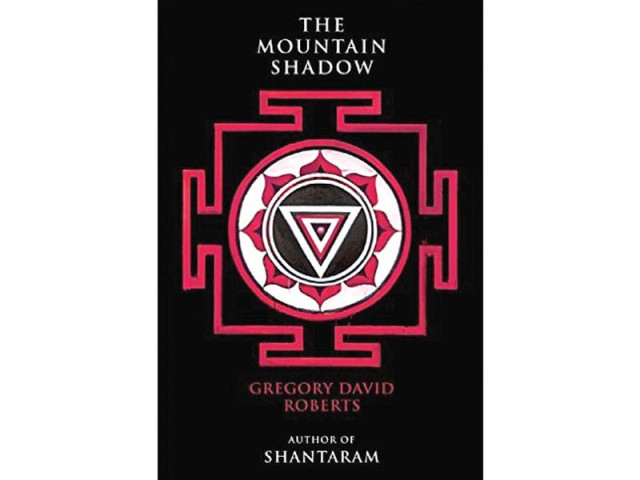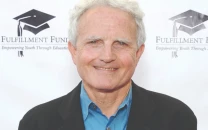Book review: A mountain of disappointment
Sequel of Gregory David Boberts’ ‘Shantaram’ fails to carry on the thrill

Sequel of Gregory David Boberts’ ‘Shantaram’ fails to carry on the thrill.
A search for love, spirituality, self-discovery and humanity are recurring themes in numerous books. Rhonda Byrne’s The Secret, Paulo Coelho’s The Alchemist and Elizabeth Gilbert’s Eat, Pray, Love are just a few names in the long list of books for the spiritually-inclined. In his new book, The Mountain Shadow (TMS), a sequel to Shantaram, Gregory David Roberts depicts a similar journey wherein the protagonists struggle to survive with the ghosts of their past. For readers who haven’t read Shantaram, this novel was exquisitely captivating. But it doesn’t come close to the expectations set by its predecessor, which was loosely based on the author’s life.
Shantaram describes the story of Lin, a runaway Australian prisoner, who finds his way into Bombay and settles into the ranks of the ruling mafia under the mentorship of Kaderbhai.
Ten years into writing, TMS follows Lin’s story through various missions for the Sanjay Company, the loss of loved ones and a resulting quest for humanity. Roberts rushes the readers from one chaotic episode to the next, as Lin focuses on wooing Karla, his love interest, through most of the narrative. Although Lin surrounded by many intriguing characters, their profiles lack background, resulting in a seemingly static series of events. The latter half of the book also feels like a hasty attempt to tie-up all loose ends that had arisen in Shantaram. Lin was shifted to the holy mountain of Idriss for most of the conflict and adventure. This sudden twist in the storyline fails to create any thrill for the readers, as a large portion of the book reads like long lectures on the meaning of life.
Harper Lee's second novel tops 2015 US bestseller list
In an interview with The Sydney Morning Herald, Roberts claimed his aim for TMS was to defend and strengthen one’s sense of common humanity. And that it does – but, at times, too idealistically for rational thinkers. The book is also full of kind gestures between friends and acquaintances. For instance, at one point, Lin pays police officers to stop torturing other prisoners for a night. Johnny Cigar and the slum dwellers make room to hide Divya Devnani – the daughter of a renowned Bombay industrialist — and Oleg agrees to fight alongside Lin after a single round of beer. Lin’s kindness, generosity and non-judgmental attitude portrays him in a rather holier-than-thou manner, which sometimes seems too good to be true for a man of his experiences. In one of his many self-analysis moments, Lin determines that he should be bitter but is not. “I was born without it and I’ve never known spite or bitterness,” he says.
According to Roberts, authors should keep other writers alive in their work. Maybe this ideology is what sparked the desire to fill the novel with numerous punch lines and quotable phrases. Lin and Karla often converse in one-line dialogues. Even at the climax, Roberts emphasises literary immortalisation with Lin’s friends handing out free t-shirts printed with quotable phrases from the teachings of Idriss. “Writers never really die until people stop quoting them,” is Lin’s favourite line and seems to summarise the author’s intention behind TMS.
Review: The untold secrets of war
Title: The Mountain Shadow
Author: Gregory David Roberts
Pages: 912
Publisher: Grove Press
ISBN: 9780802124456
Price: $18
Aisha Ghani is a bioinformatics researcher at the International Center for Chemical and Biological Sciences, Karachi
Published in The Express Tribune, January 17th, 2016.
Like Life & Style on Facebook, follow @ETLifeandStyle on Twitter for the latest in fashion, gossip and entertainment.



















COMMENTS
Comments are moderated and generally will be posted if they are on-topic and not abusive.
For more information, please see our Comments FAQ